What Are Bite Blocks Used For?
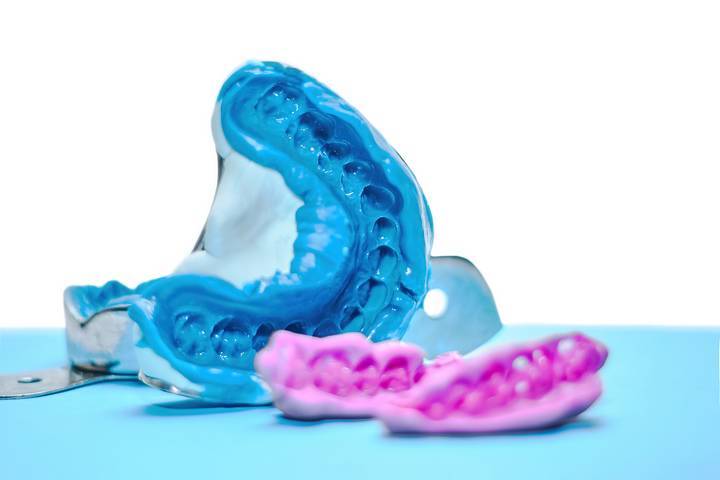
Some people are blessed with perfectly straight teeth, and they show off their alignment with pride. It’s easy to smile when you know your teeth look good, but unfortunately, not everyone is so lucky.
Braces are a way of correcting crooked teeth as they apply constant pressure to the teeth and jaws to positively alter the appearance and alignment. While braces are great, those with deep bites, cross bites or overcrowded teeth need additional help from other devices in their dentist’s arsenal. There is also the risk of damage to the braces and your mouth.
Have you heard of bite blocks? Let’s learn more about them.
Bite Blocks
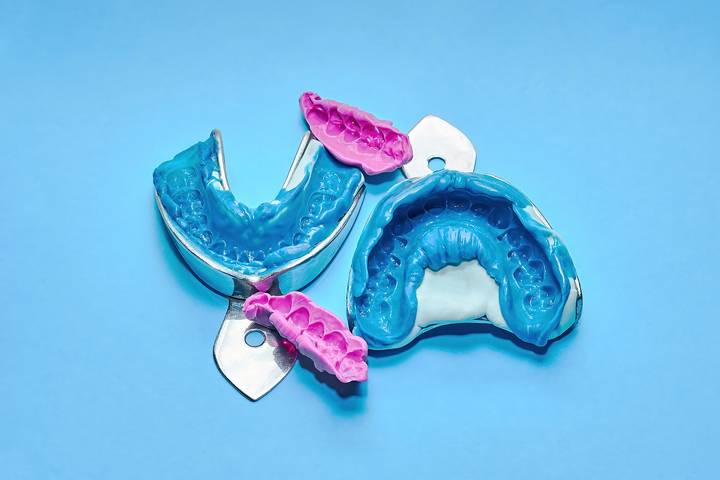
Bite blocks are a device your dentist uses to keep your upper and lower teeth from coming into contact with each other while wearing braces. They protect the brackets from damage and assist in the alignment of teeth by allowing the braces to do their job without interruption.
Bite blocks are made from various materials, including:
- Rubber
- Silicone
- Metal
- Acrylic
- Glass ionomer cement
They can be moulded to fit your teeth correctly and come in shapes like and L or a triangle with many different colours, including your natural tooth colour. They are mounted on the tongue side of your front teeth or attached to the top of your back molars.
Bite blocks can be used day or night, depending on the protection you want and are very effective while you sleep. Sometimes, dentists use bite blocks by themselves to help correct a crossbite.
During Dental Visits For Braces

Installing your braces involves deeply cleaning your teeth, gluing them on brackets, sliding them in metal bands, and attaching archwires and rubber bands. This process takes a few hours, and with all this work inside your mouth, your tongue, lips, and cheek can easily get injured. To prevent this, dentists use a bite block to keep everything out of the way while they do their work.
These bite blocks are usually made from rubber or silicone and used when braces are installed or adjusted during dental visits.
For The Duration Of Your Braces
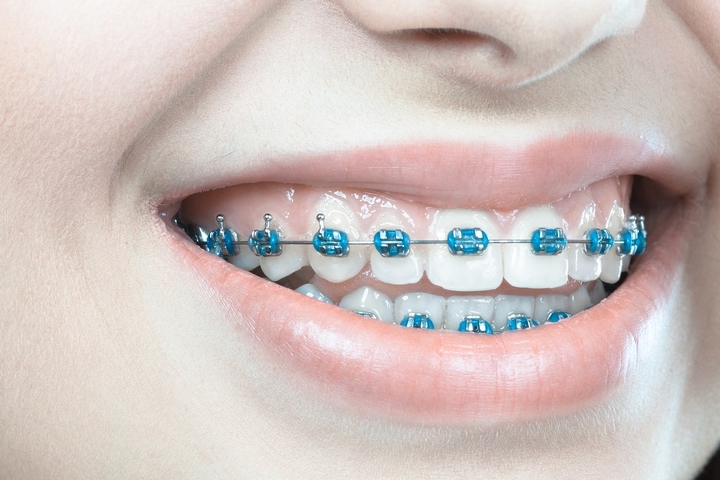
Bite blocks work alongside your braces to aid in correction and protection. Because they provide space between the bracing material, your teeth can freely realign with the adjustments made and ensure no injuries to the soft tissues inside your mouth.
Bite blocks usually last 6 to 12 months but may need to be replaced as your dentist adjusts your teeth. When you do get adjustments, your bite may change, and it takes time to get used to it, so your bite blocks will help you avoid biting your cheek or lips.
Ultimately, they should be used until the teeth move into healthy alignment and the brackets no longer come into contact with your teeth while biting down.
Bite Block Considerations
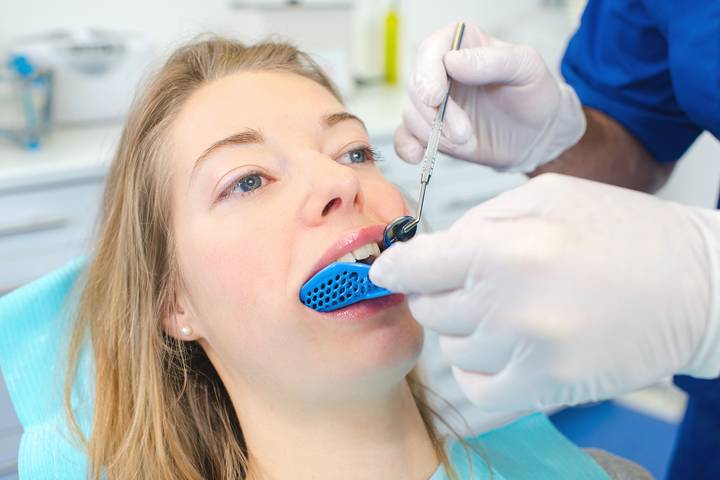
Something restricting your jaw movement can take some time, but it is necessary for protection. You will, however, have to adjust to them and may even experience some side effects like:
Chewing Issues
Bite blocks will prevent your teeth from coming together properly, affecting your ability to chew and even digest food. Sometimes, you can even experience weight loss as a result. It is best to eat soft food initially until you adjust to eating.
Speech Impairment
Braces alone may change how you talk, but moving your mouth and tongue can make it hard to speak clearly with bite blocks. Sometimes, people may even choke a little as they talk, and swallowing becomes more difficult.
Take time to adjust to your bite blocks and practice talking while you are alone so you feel the movement of your jaw and tongue. With a little work on your own, your speech should correct quickly and allow you to have regular conversations.
Temporary Discomfort
Having anything in your mouth for a long period can cause pain, and your bite blocks are no different. They adjust and restrict your regular jaw movement, and you may experience pressure, pain and soreness in the short term. As your mouth adjusts to its new movement, you will see this discomfort wane, but if not, speak to your dentist to make adjustments.
Cleaning your Bite Blocks
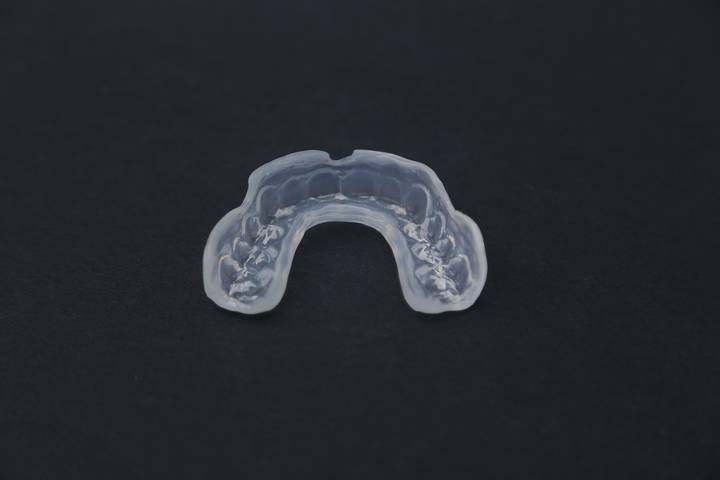
You should keep your bite blocks clean to avoid any buildup or damage that may occur. After each use, this is done by rinsing them to remove saliva or food particles on the surface.
A mild soap and water solution works well to eliminate any bacteria. After you scrub them, rinse them, let them dry on a towel and keep them in a covered container until you put them back in again. Inspect for any damage or cracks, and let your dentist know if you think they need replacing.
This is what bite blocks are usable for; they provide the best protection possible while wearing braces. Ultimately, your teeth will be aligned properly, and your bite blocks will go gently into the night, knowing they keep you from harm.







